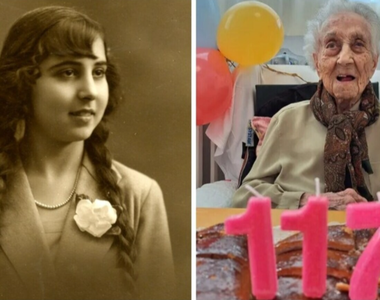
After a busy day of work, what we need is not just an hour of peace, but a good and tasty meal. From our favorite dishes, we get the nutritional values, as well as the energy we need to end the day properly.
Have you ever experienced a "food coma"? This is how it is known in scientific terms, but in Albanian it is called: sleepiness after eating. Here's how nutrition and diabetes experts explain it.

"When humans eat, most of our blood goes to the digestive organs to process the food," expert Sandra Arévalo told CNN. "The body may produce more serotonin, a neurotransmitter that regulates sleep and mood, especially if the food has been rich in the amino acid tryptophan, which is found in proteins such as chicken, cheese and fish."
What affects the sleep state?
Heavy or sugary foods
You may feel tired after eating too much, in quantity or in quality. Many people choose to eat a lot so that you feel full. "What happens is that your blood sugar drops below where you started. That lowers your energy," said Kristin Kirkpatrick, a dietitian at the Cleveland Clinic.

Bad sleep
"Sleep regulates your hormones, including digestive hormones," continued dietician Kirkpatrick. And if you're sleep deprived, your body is likely to suppress a hormone called leptin. Not getting enough sleep can negatively affect your decision-making skills, emotional regulation, etc.
Blood sugar problems
For some people, post-meal fatigue may signal something more serious. Statistics show that many people in the US have diabetes or a predisposition to diabetes and don't know it. If you regularly feel sleepy after eating even after making dietary adjustments, ask your doctor to do a hemoglobin test. The test measures average blood sugar levels and shows how much glucose is bound to hemoglobin in red blood cells.





